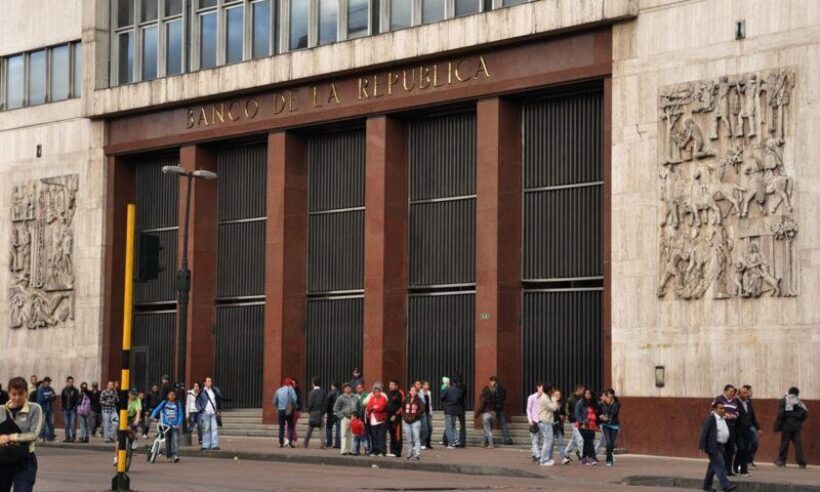What Jumps Out: Recriminations
The question on everyone’s lips is what impact Donald Trump’s recent madness has on trade with Colombia. The coffee federation is already ringing alarm bells, but they hardly need to worry, given that the US doesn’t have its domestic producers – the rest will be a case of wait and see. Fortunately, over 50% of exports are oil & mining, which have low demand elasticity; even products such as coffee & flowers should also be fairly well protected – overall, nearly 70% of exports to the US. It is also worth noting that exports to China are accelerating fast as trade increases.
Talking of trade, Departamento Administrativo Nacional de Estadística – DANE Colombia reported that exports unsurprisingly dropped 0.8% in February. This was driven by a 17.5% decline in commodities with both oil and coal suffering. On the bright side agricultural exports increased by 18.7% however with domestic demand continuing to drive imports expect another lumpy deficit for the month.
At the beginning of the week, in a surprise to the majority of analysts, the Banco de la República – Colombia voted 4-3 to leave overnight rates at 9.50% – exactly where they were in December. This somewhat quashes the theory that Gustavo Petro has ‘stacked’ the central bank with his people after replacing two governors recently. Committee chairman Leonardo Villar continued with his cautious tone – the concern is primarily the rapid expansion of the economy and the potential impact on inflation. Thus far in 2025, CPI has drifted up slightly, with manufacturing production, retail sales, and import data all pointing toward a warming price situation.
That said, the fight that has been brewing for a year, broke out, with Petro directly accusing the central bank of politicking, simply trying to put a brake on an expanding economy to reflect poorly on him. Personally, in terms of this decision I’m not convinced however, over the past 6 months there has definitely been some meddling, given the collapse in inflation. There is no way rates should still be at 9.5%.
The president will at least be boosted by the latest unemployment data for February, with the national figure at 10.3% versus 11.7% a year ago. Adding to the positive impression is that it is the lowest February number since 2017. That said, the employment base is growing, and it still leaves 2.7 million without work – the caveat, of course, is that Colombia’s informal employment stands at 50%+, and knowing the exact number of people not working is tough.
Aside from this, another week of political riff-raff, boring in the extreme.
Have a great day.
Roops.
Never miss Rupert’s latest commentary.
Follow him now on LinkedIn to see What Jumps Out.
Photo credit: Banco de la Republica.

























